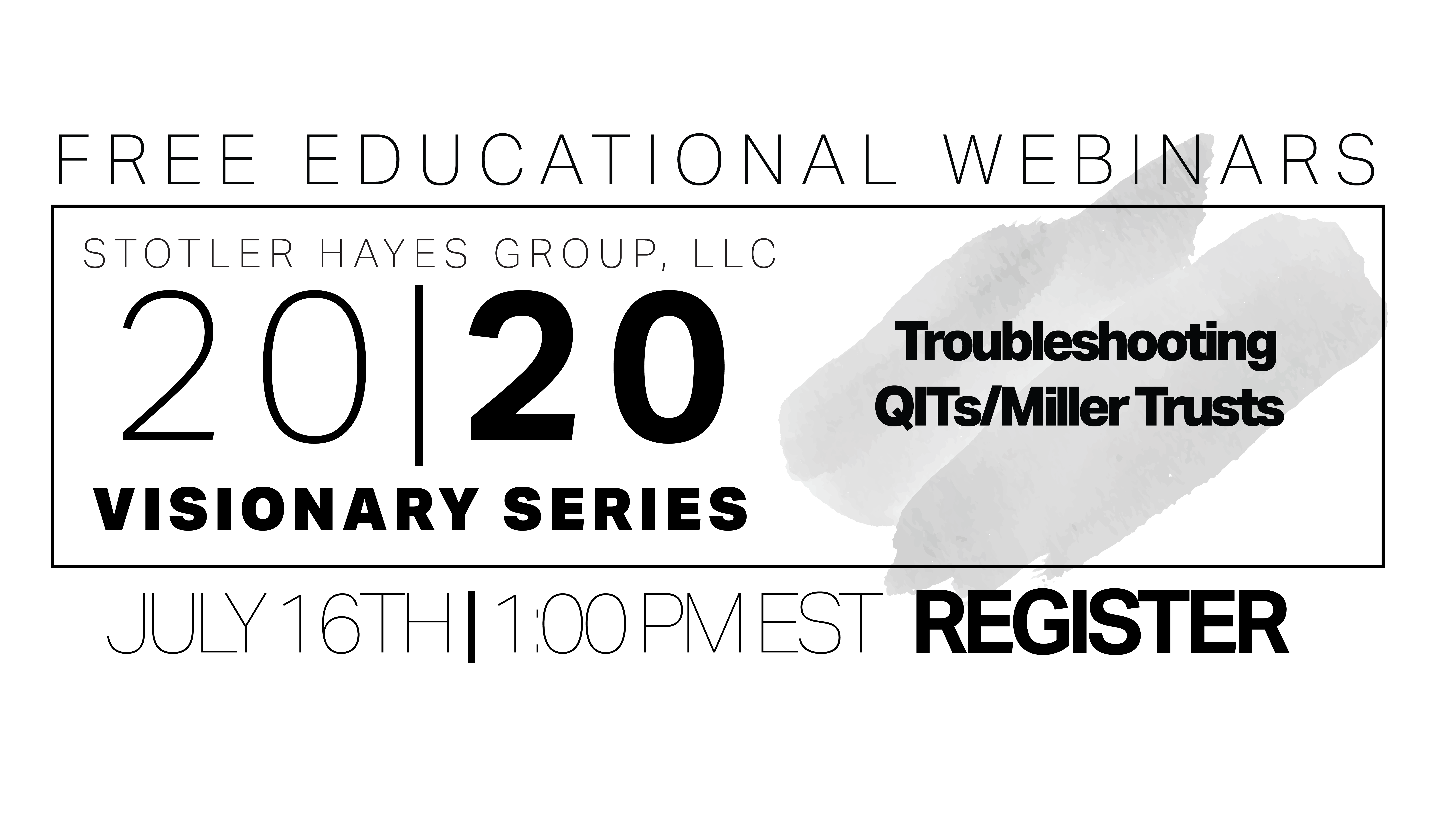 Identifying the resident’s income is often the first step in the Medicaid process. Sometimes, however, you may have very little information (or incorrect information) on the resident’s income when they are admitted to the facility. You may only discover after admission that you have a resident who has too much monthly income to qualify for Medicaid – perhaps there is a pension you didn’t know existed or a deduction for Part B coming out of the resident’s Social Security that, when added back in to calculate gross income, makes the resident income ineligible for Medicaid. Once the discovery is made, the resident may be incompetent without a representative to assist you. What can you do now?
Identifying the resident’s income is often the first step in the Medicaid process. Sometimes, however, you may have very little information (or incorrect information) on the resident’s income when they are admitted to the facility. You may only discover after admission that you have a resident who has too much monthly income to qualify for Medicaid – perhaps there is a pension you didn’t know existed or a deduction for Part B coming out of the resident’s Social Security that, when added back in to calculate gross income, makes the resident income ineligible for Medicaid. Once the discovery is made, the resident may be incompetent without a representative to assist you. What can you do now?
Some states allow for the creation of a special trust called a Qualified Income Trust. Once a Qualified Income Trust is created and funded, the formerly income ineligible resident is now income eligible for Medicaid. Sounds great! But, how do you do it? And what do you do if the Trustee is improperly managing the Qualified Income Trust once it is created and funded? What about the resident who has been Medicaid pending at the facility for a year with no Qualified Income Trust? Skilled nursing facilities encounter many obstacles with regard to identifying excess income, addressing the same through a Qualified Income Trust to ensure Medicaid approval, and ensuring distributions from the Qualified Income Trust are properly made. That is why we are dedicating the next installment in our 2020 Visionary Series to the issue of Qualified Income Trusts.
During this presentation, SHG Senior Associate Nathan Peters and SHG Case Manager Jennifer Cunningham will address: (1) what a Qualified Income Trust is (and what it is not); (2) tips to quickly identify when a Qualified Income Trust is needed; (3) rules for proper creation, funding and distributions from a Qualified Income Trust; and (4) potential pitfalls and hazards to avoid and overcome. We will discuss real life examples of Qualified Income Trust cases we have personally encountered, share creative solutions to mitigate Qualified Income Trust issues, and provide some tips and tools to employ to secure additional months of Medicaid and lower your A/R.
Join us Thursday, July 16th at 1:00 pm EST for the seventh edition of our 2020 webinar series.
